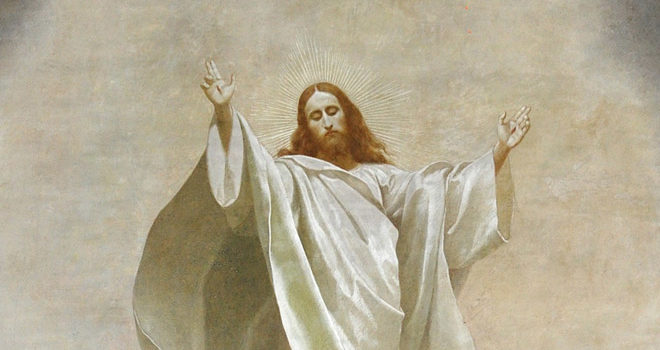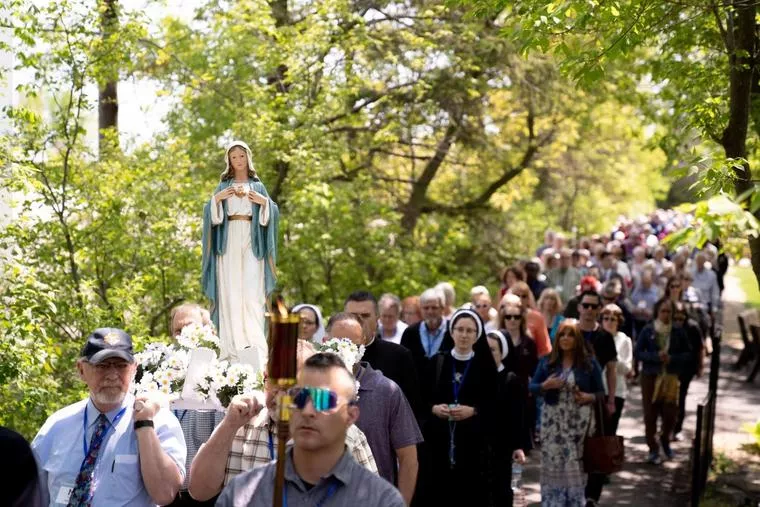On Beginnings and Endings, by Regis Martin

Catholic Theologian: Fiducia Supplicans ‘Significant Endorsement’ of the LGBT Agenda, by Dr. Maike Hickson
April 27, 2024
The Great Pruning: The Fifth Sunday of Easter, by Gayle Somers
April 27, 2024
Wim van 't Einde. Unsplash
By Regis Martin, Crisis Magazine, April 27, 2024
Regis Martin is Professor of Theology and Faculty Associate with the Veritas Center for Ethics in Public Life at the Franciscan University of Steubenville. He earned a licentiate and a doctorate in sacred theology from the Pontifical University of St. Thomas Aquinas in Rome. Martin is the author of a number of books, including Still Point: Loss, Longing, and Our Search for God (2012) and The Beggar’s Banquet (Emmaus Road). His most recent book, published by Scepter, is called Looking for Lazarus: A Preview of the Resurrection.


 Looking over the last lines of T.S. Eliot’s fabled Four Quartets, the great masterwork on which his reputation rests, one sees in the final movement of the poem a striking reminder of that which we do well never to forget. It is the knowledge that, in this life certainly,
Looking over the last lines of T.S. Eliot’s fabled Four Quartets, the great masterwork on which his reputation rests, one sees in the final movement of the poem a striking reminder of that which we do well never to forget. It is the knowledge that, in this life certainly,

